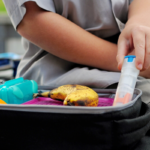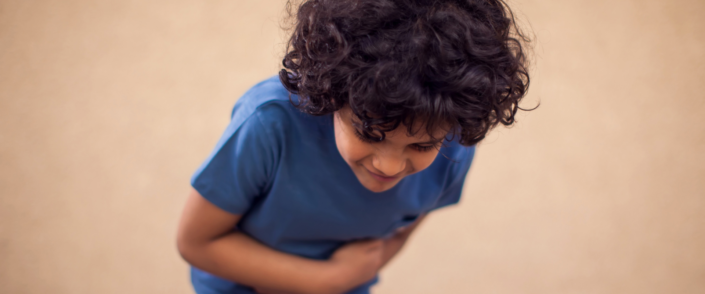As parents or caregivers, keeping children safe is our top priority. However, despite our best efforts, accidents can happen. One of the most common accidents that can be prevented is unintentional poisoning from medication.
It’s important to understand that medicines are not sweets and should be treated with care. In fact, according to the Centers for Disease Control and Prevention (CDC), medicines are the leading cause of child poisoning deaths. Therefore, it’s crucial to take extra precautions to ensure that medications are stored safely out of reach of children.
Here are some tips to help keep your child safe when it comes to medicines:
Store Medications Properly: Keep all medications in their original containers and store them out of reach of children. Make sure the lids are tightly secured and that the containers are stored in a locked cabinet or in a high, hard-to-reach area. Avoid leaving medications on counters, bedside tables, or other easily accessible areas.
Be Mindful of Guests: If you have guests in your home, make sure they also store their medications out of reach of children. Encourage them to keep their medications in their bags or luggage, which should be stored in a safe place.
Dispose of Medications Properly: Check the expiration dates of all medications and dispose of any that are outdated or no longer needed. Never flush medications down the toilet or throw them in the trash, as this can harm the environment. Instead, take them to a designated medication drop-off location, such as a pharmacy or police station.
Educate Your Child: Teach your child about the dangers of medications and explain that they should never take any medication without an adult’s permission. Also, teach your child to always ask an adult before putting anything in their mouth.
Be Prepared: Accidents can still happen, even when precautions are taken. Be prepared by keeping the number for Poison Control (0861 555 777) readily available. Post it in a prominent location in your home, such as on the refrigerator, and program it into your phone.
- Call 10111 if your child is unconscious and start CPR if your child is not breathing.
Remember, prevention is the key to keeping children safe from accidental poisoning. By taking these simple steps, you can help ensure that your child stays healthy and happy.

Head Injuries in Children
The World Head Injury Awareness Day falls on March 20th every year and it looks at the number of people who suffer from a mild bump on their head to severe brain injury. The purpose of this day is to remind us of how we could reduce accidents and brain

Top tips for staying healthy
Here are some tips for parents to help keep their children healthy during the colder seasons. Practice good hygiene: Encourage your children to wash their hands frequently and cover their mouths when coughing or sneezing. This can help prevent the spread of germs and illnesses. Dress appropriately for the weather:

How CPR saves lives
Knowing CPR can save someone’s life, our trauma expert, owner and founder of Survival CPR, Sister Catherine Rodwell, explains what CPR is, who can do and why it is so important that anyone (especially those in any caregiving role such as a parent or nanny) should take a course and keep

Return to School Safely
As schools have started in January, it is important that CPR and First Aid training is in place to ensure a safe return. It is vital that the school staff receive full CPR and First Aid training and are confident and are competent and most importantly, are up-to-date with their

Are you looking to employ a Caregiver?
We provide a platform to assist employers and families with their search for qualified and professional Caregivers, (we do not employ Caregivers directly or provide home care directly.) We understand how important it is to find a suitable and qualified caregiver for your specific needs. This platform has been designed to

10 Summer Safety Tips
Holiday time is important, so that you and your family get to spend quality time together. Whether you are going away on holiday or staying at home, here are our 10 Summer Safety Tips to keeping the family safe. Make sure you have a fully stocked First Aid Kit Make

Sunburn in childhood increases the risk of developing skin cancer
Sunburn in childhood increases the risk of developing skin cancer If you help children to develop good sunscreen habits from an early age you are protecting them from skin problems later on in life. Make it part of your routine to apply sunscreen in the morning before you leave for

Home safety checklist
Home Safety is important so as to avoid accidents! Do you know how to make your home safe for your child? You may think of all the obvious dangers, but it is so important to check that your house is accident-proof for your child. For most of us, the word

First Aid Treatment for Burns
First Aid Treatment for burns, (any second degree or third degree burn requires medical attention ASAP!) Remove the person from the hazardous area. Cool down the burn site for at least 15-20 min under running water – this is the golden rule. Meat (flesh) continues to cook even when it is removed


